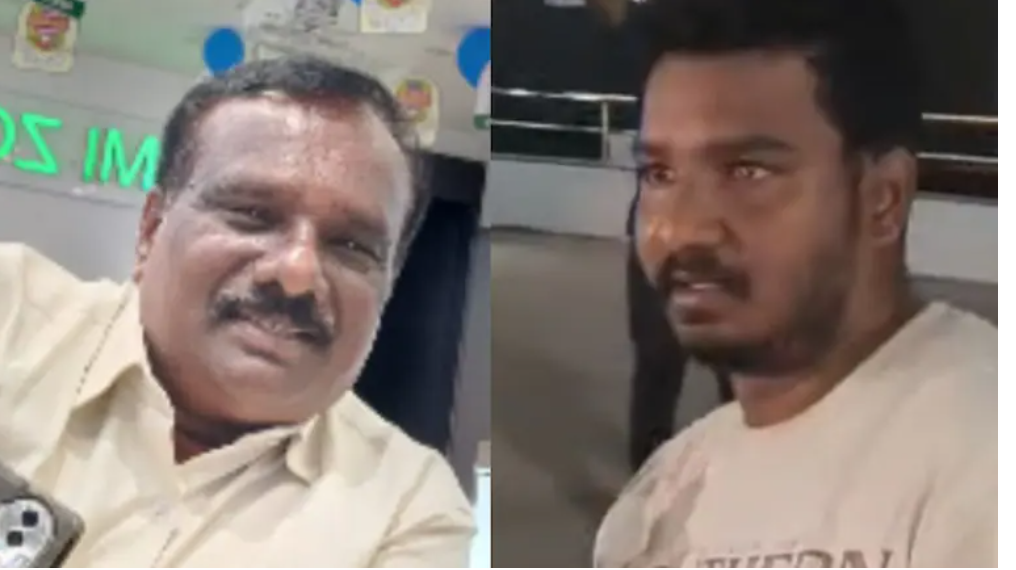The stage is set for the 2025 Delhi Assembly elections, a crucial event that will determine the future of the Arvind Kejriwal-led Aam Aadmi Party (AAP), which has ruled the capital for the past two terms. With corruption allegations and political turmoil clouding their tenure, the Delhi elections have become more than just a contest for power—it’s a battle for the political survival of AAP.
1. AAP’s 10-year journey in Delhi politics
For the AAP, a loss in this election would mark a major setback for the party, which has established itself as a formidable political force over the past decade. Winning this election, however, would solidify the party’s position as a serious contender against the Bharatiya Janata Party (BJP) on the national stage, showing resilience amid accusations and challenges.
2. The BJP’s campaign strategy
The BJP, which has been the opposition in Delhi for over a decade, is putting its faith in Prime Minister Narendra Modi’s powerful election rallies and its extensive party machinery to secure a win. The party is hoping to capitalize on the widespread anti-incumbency sentiment and the corruption charges against the AAP government.
3. The Congress’ Push for a comeback
Meanwhile, the Congress, which has been a marginalized force in Delhi since AAP’s rise, is hoping for a resurgence. After years in the political wilderness, the party is looking to regain lost ground, though experts view their chances as slim compared to the fierce competition between AAP and BJP.
4. AAP’s troubles with corruption allegations
AAP’s tenure has been marred by serious allegations of corruption, especially in relation to the now-scrapped liquor policy. Several prominent leaders, including Delhi Deputy Chief Minister Manish Sisodia and Chief Minister Arvind Kejriwal, have faced arrest, spending months in jail. Kejriwal, who had to step down as the Chief Minister for a while, has made it clear he won’t return to the post without a “certificate of honesty” from the people.
5. Tensions with the Lieutenant Governor
The AAP government has also been embroiled in repeated confrontations with the Delhi Lieutenant Governor, particularly concerning the control over bureaucrats and governance matters. These tensions intensified after the Union government issued an ordinance, giving more power to the LG over the Delhi administration. The controversy has exacerbated AAP’s challenges, with the ruling party accusing the BJP-led Centre of undermining its authority.
6. Legal troubles for key AAP leaders
The arrest of key leaders, such as Sisodia and Kejriwal, has brought intense scrutiny to AAP’s political machinery. While Kejriwal’s time in jail lasted nearly six months, Sisodia spent over 17 months incarcerated. Several other party leaders, including Sanjay Singh and Satyendar Jain, have also faced legal issues, further tarnishing the party’s image.
7. AAP’s rise from the anti-corruption movement
Despite the challenges, AAP’s rise was initially fueled by its anti-corruption message, which resonated with Delhi’s electorate. Backed by the support of social activist Anna Hazare, the party’s first term in office was short-lived, but it managed a spectacular comeback in 2015 after Kejriwal apologized to the people of Delhi, pledging to serve a full term.
8. AAP’s model of governance
In its second term, AAP focused heavily on governance in areas like education and healthcare, which earned the party a reputation for delivering on public services. The success of its “Delhi Model” was highlighted by the party’s growth in other states, including a strong victory in Punjab. AAP’s national aspirations grew, and the party soon earned the label of a national player, challenging the BJP’s dominance.
9. BJP’s allegations against AAP’s “Revdi Culture”
Prime Minister Modi has repeatedly accused AAP of fostering a “revdi culture,” where the party hands out freebies to secure votes. Despite these claims, the AAP model, which focuses on essential services, has managed to win considerable support, particularly among lower-income voters.
10. The stakes for AAP and the BJP
With the 2025 Delhi election underway, the stakes are high. For AAP, a third consecutive victory would cement its place in Indian politics and prove its resilience in the face of mounting opposition. For the BJP, a win would signify its resurgence in the national capital, delivering a significant blow to the AAP’s political aspirations. For Congress, this election represents a final attempt to revive its dwindling influence in Delhi.
As polling day arrives, the eyes of the nation are on Delhi, where the future of its political landscape will be determined in the coming hours.

























